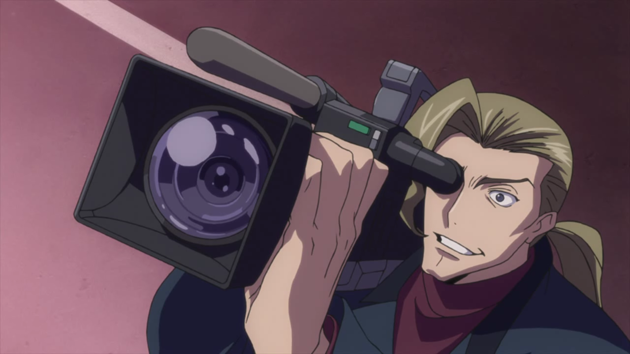This week just won’t stop. First I launched my very first book, and now I’m at Anime Boston as Lead Staff Blogger, volunteering for the con doing what I do best. Actually, I’ve been blogging for AB on and off since 2010!
You can keep up with me and my blogging staff on the official Anime Boston Tumblr all weekend. But before that, Friday links:
- Not into March Madness? What about if it were about anime shows instead of basketball? Build your brackets at My Anime List or Anime Bowl. Are there any others I don’t know of? Let me know!
- Anime Maru is a parody site that’s like the Onion for anime fans. This one cracked me up: Fan Service Industry Suffering.
- Gargarstegosaurus watched the first eight episodes of Zambot 3—and found it to be much darker than she’d expected for a ’70s kids mecha show.
- A post has been making the rounds on Tumblr by a girl who claims to be a “transethnic Japanese woman.” I loved PrettyGeeky’s sane, logical, and down-to-Earth response to it. It takes guts to respond to something you disagree with with so much compassion.
- From the talented Lisa Granshaw: Yes, fanthropology is a legit field of study.
- And finally: how Yowapeda-loving female otaku are bringing bicycling back in vogue in Japan.








